This study reviews current artificial intelligence (AI) systems legislation, the AI techniques definition proposed by the AI Act and main applications of AI methods in the fisheries sector with special focus on applications to enhance traceability of fishery products, fishing gear selectivity, good practices, and potential to help young people finding jobs. Finally, this study offers policy recommendations relevant to EU decision-making to achieve a better use of AI systems in the fisheries sector. SusTunTech H2020 project is one of the examples of recent developments in terms of AI use in fisheries. The study concludes with the following main policy recommendations: 1) amend Regulations that are or will be subject to revision in this field to include a reference to AI systems and AIA definition in paragraphs where digital transformation and new technologies are mentioned; 2) amend the AIA proposal to include the fisheries sector; 3) promote formation of interdisciplinary fisheries experts with AI skills and multidisciplinary teams; 4) find ways to incentivise job opportunities and promotion of multidisciplinary and interdisciplinary experts; 5) attract young workers and empower women with AI skills in fisheries sector jobs through dissemination of information programs and by providing adequate incentives; 6) promote private data collection and sharing, including appropriate data aggregation and anonymization safety protocols to facilitate industry trust; and, 7) Support the development of good AI practices and standards for statistical validation and ground truth verification to increase consumer and industry trust in AI performance.
The citation for this report is:
Fernandes-Salvador, J.A., Oanta, G.A., Olivert-Amado, A., Goienetxea, I., Ibaibarriaga, L., Aranda, M., Cuende, E., Foti, G., Olabarrieta, I., Murua, J., Prellezo, R., Iñarra, B., Quincoces, I., Caballero, A., Sobrino-Heredia, J. M, 2022, Research for PECH Committee – Artificial Intelligence and the fisheries sector, European Parliament, Policy Department for Structural and Cohesion Policies, Brussels. https://www.europarl.europa.eu/RegData/etudes/STUD/2022/699643/IPOL_STU(2022)699643_EN.pdf
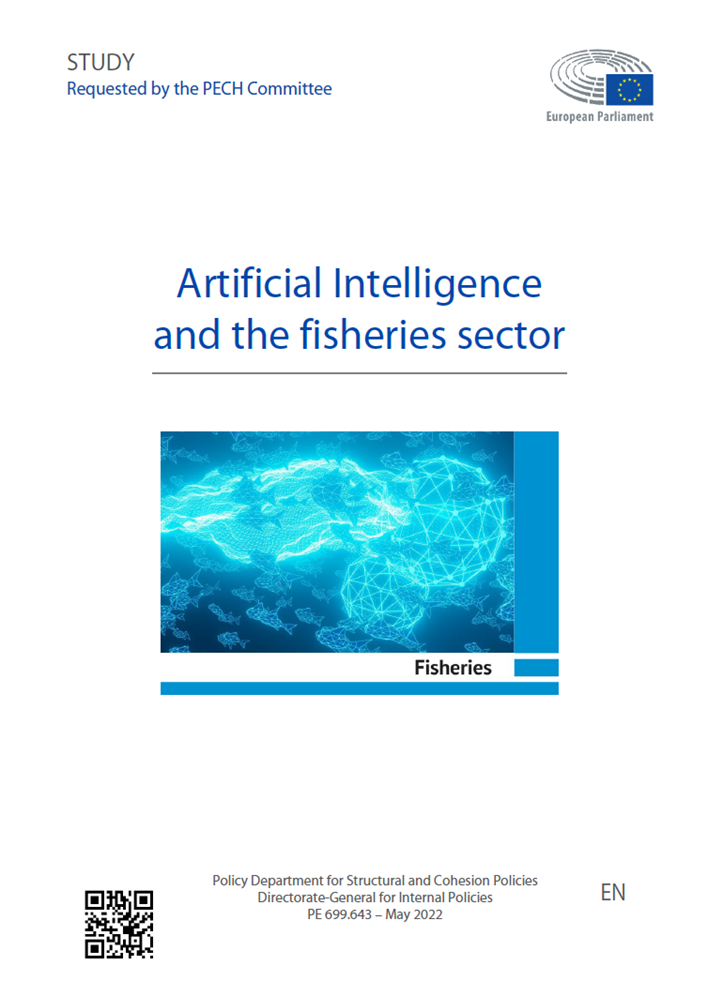
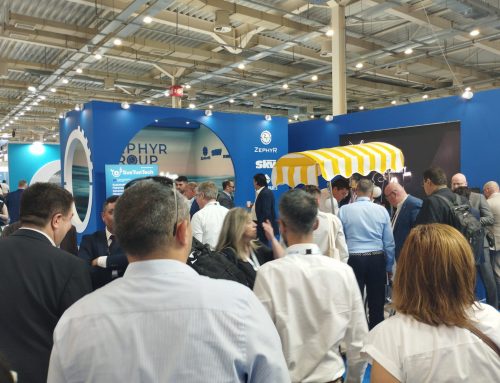
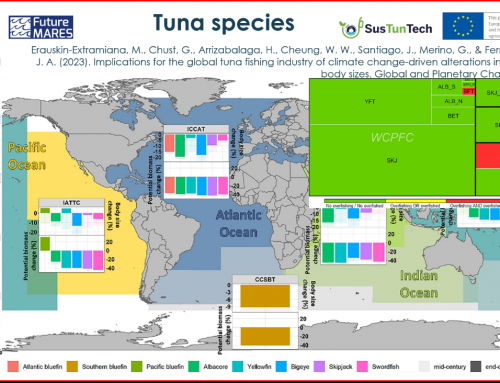
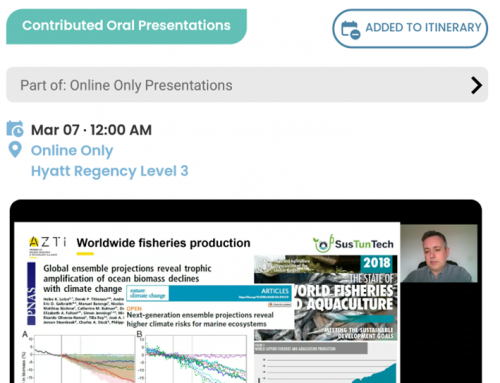
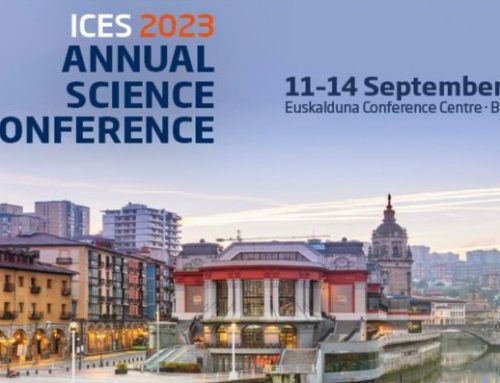
Leave A Comment